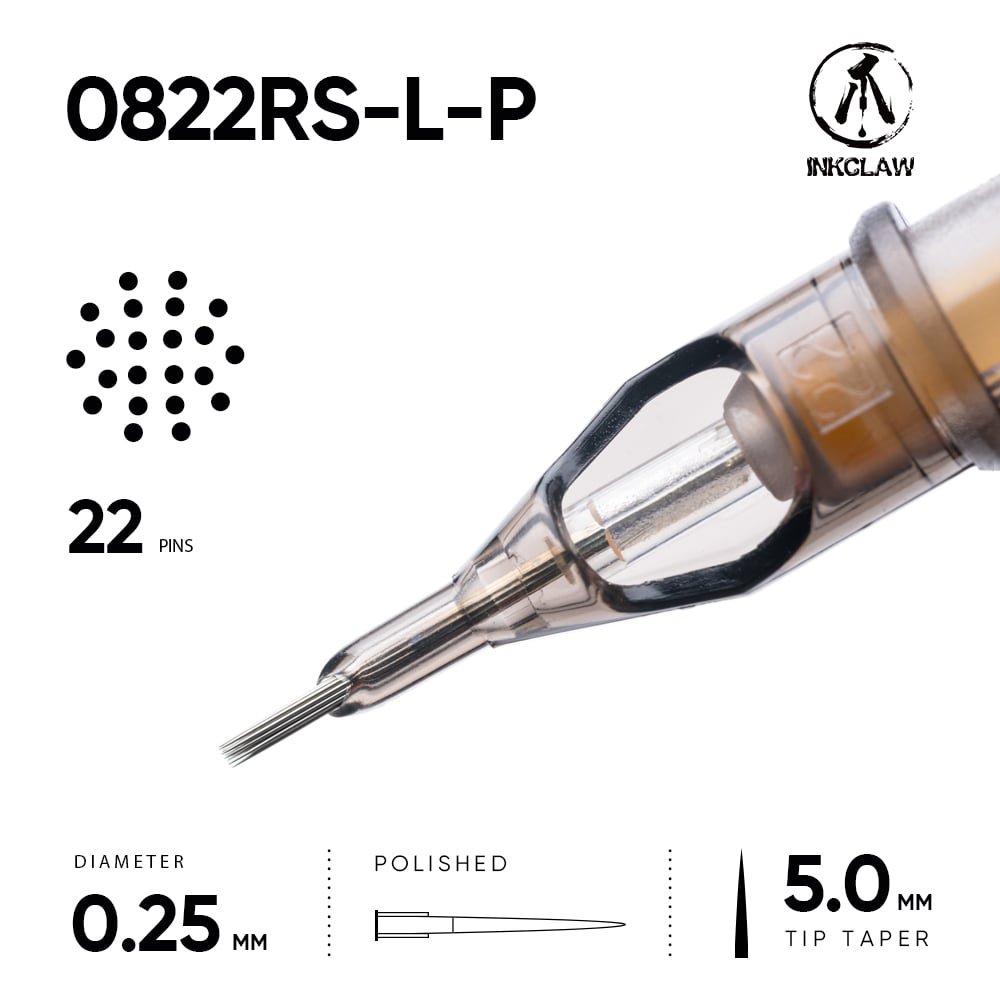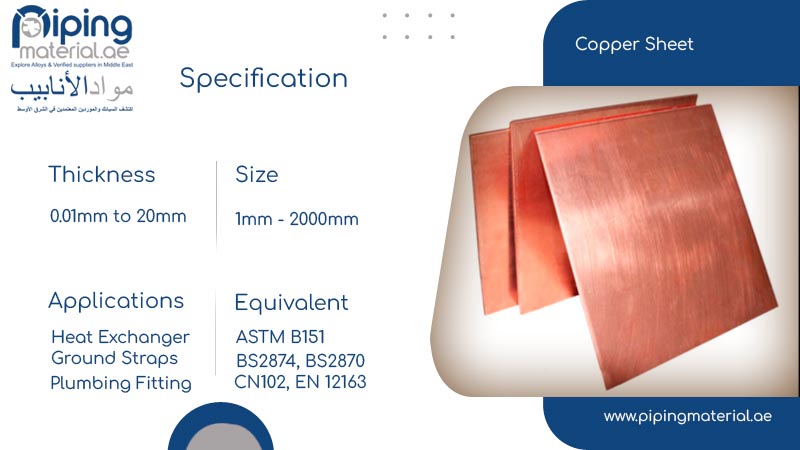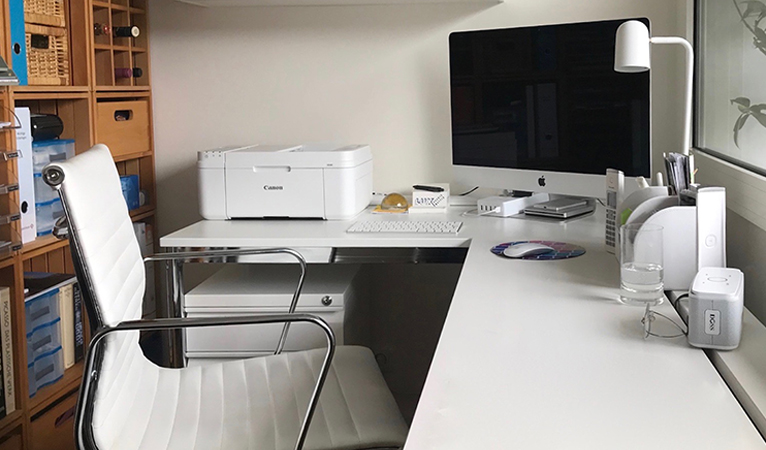Choosing the Best Tattoo Needles: A Comprehensive Guide

Introduction
Among the essential tools for tattoo artists, needles play a critical role in achieving the desired results. This article serves as a comprehensive guide to help artists navigate the world of tattoo needles. We will explore the various types of tattoo needles, their characteristics, and factors to consider when choosing the best needles for different tattooing styles.
Understanding Tattoo Needles
Tattoo needles are the primary tools used to create intricate designs on the skin. They consist of a cluster of needles attached to a bar or needle cartridge. The number and arrangement of needles determine the characteristics of each needle type.
Types of Tattoo Needles
Round Liners (RL): Round liners consist of a single needle arranged in a round configuration. They are commonly used for outlining and creating fine lines.
Round Shaders (RS): Round shaders also have a round configuration but typically feature multiple needles. They are ideal for shading, blending, and filling in larger areas.
Flat Shaders (FS): Flat shaders have a straight line of needles, making them suitable for color packing, solid filling, and creating smooth gradients.
Magnum (M1): Magnum needles have two rows of needles arranged in a rectangular shape. They are versatile and commonly used for shading and filling larger areas.
Curved Magnum (CM): Curved magnum needles have a curved configuration, allowing artists to follow the body's contours more easily. They are popular for achieving smooth shading and gradients.
Bugpin Needles: Bugpin needles have finer needle tips, making them suitable for intricate details and creating highly detailed tattoos.
Factors to Consider when Choosing Tattoo Needles
Tattooing Style: Consider the tattooing style you specialize in, whether it's fine lines, shading, color packing, or intricate details. Each style may require specific needle configurations.
Thinner gauges are typically used for finer lines and details, while thicker gauges are suitable for filling and shading larger areas.
Needle Quality: Opt for high-quality tattoo needles made from durable materials to ensure optimal performance, minimize trauma to the skin, and reduce the risk of contamination.
Sterilization: Ensure that the needles are properly sterilized and individually packaged to maintain hygiene and prevent the transmission of infections.
Brand Reputation: Consider reputable tattoo needle brands known for their quality, consistency, and adherence to safety standards.
Artist Preference: Every artist has their own preferences and techniques. Experiment with different needle types and configurations to find what works best for your style and comfort.
Conclusion
Choosing the best tattoo needles is essential for achieving high-quality tattoo work. By understanding the different types of needles, considering factors like tattooing style, needle gauge, quality, and personal preferences, tattoo artists can select the most suitable needles to bring their artistic visions to life.
RECOMMENDED FOR YOU
What are the advantages of the best infant car seats?
July 20, 2024









